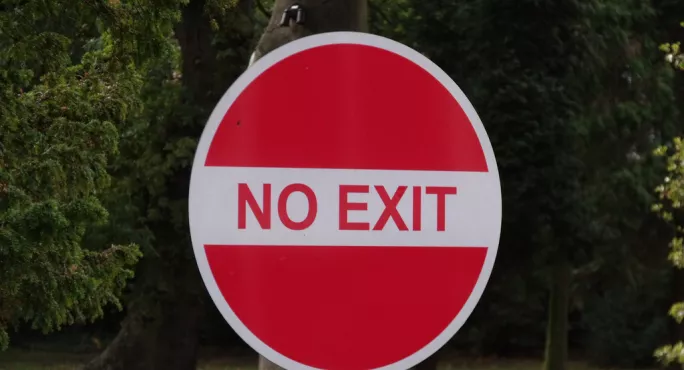Schools are being warned about the finality of joining academy chains, after a primary school governing body was when disbanded when it tried to leave.
Governors of Greengate Lane Academy in Sheffield wanted to hold a formal vote on leaving Reach4 - a multi-academy trust (MAT) in Sheffield and South Yorkshire - which has since be rebranded as Astrea.
But before the vote could be taken, the MAT dissolved the school’s local governing body on 4 April and replaced it with a transition-management board.
‘What’s in place today may not be in place tomorrow’
The governors of the school decided to join the trust in March last year - and they say that they received assurances from the MAT that they could leave the chain if they were unhappy.
They also claim that the MAT said the school could retain its surplus of £270,000 - although Astrea disputes that such assurances were given.
The case has highlighted the need for schools to be certain before joining MATs. Gillian Allcroft, deputy chief executive of the National Governance Association, said: “The one thing you have to get through your head when you join is that, once you join that organisation, you are subject to the trust board’s decisions, and what’s in place today may not be in place tomorrow”.
Greengate Lane formally joined the trust in August. But the school’s local governing body quickly began to have regrets when it felt that it did not have the strategic role in the trust that it had been expecting.
The doubts deepened when the MAT demanded that the school handed over its surplus to the central trust. The governors were planning to hold a formal vote on whether to leave the MAT, but before this could occur the MAT dissolved the school’s local governing body.
The decision has angered the now former governors, who point out that the school had thrived under their stewardship. It was rated “good” with “outstanding” leadership and management by Ofsted.
Its chair of governors was accredited by the Department for Education as a national leader of governance. Last year, the primary’s progress score for maths was rated well above national average, and those for reading and writing were both above national average.
One of the former governors said: “There’s no way they should be able to remove a governing board from a successful school in the way they have.”
Another parent governor added: “It takes away any local control and accountability that the parents hold the school to. We’ve been let down. They should be working with us, not taking us over.”
But as far as Astrea is concerned, the local governing body should not have been discussing leaving the trust in the first place.
A spokesperson for the trust said that moving MATs is not in their remit, and the school’s local governing body’s formal role “is to ‘champion the Astrea vision and values in the academy’”.
The spokesperson added: “Having already left their previous trust, attempting such discussions a mere 15 weeks after having joined Astrea seems somewhat premature.”
Astrea says that the legal documentation about the transfer, which was signed by the school’s previous trust, Infinity, is “explicitly clear”, and that “in the intervening six months from that first meeting until the academy joined us on 1 August, there was full disclosure on all aspects of the transfer”.
The spokesperson added: “With regards the claims made about the academy’s surplus, we have a consistent approach to centralised accounts across Astrea, which the DfE views as best practice.
“To treat one academy differently in the trust would clearly be unfair and wrong. Again, this approach is made explicitly clear in the legal documentation that was signed by the previous trust.”
This is an edited version of an article in the 12 May edition of Tes. Subscribers can view the full article here.
This week’s Tes magazine is available at all good newsagents. To download the digital edition, Android users can click here and iOS users can click here
Want to keep up with the latest education news and opinion? Follow Tes on Twitter and like Tes on Facebook




